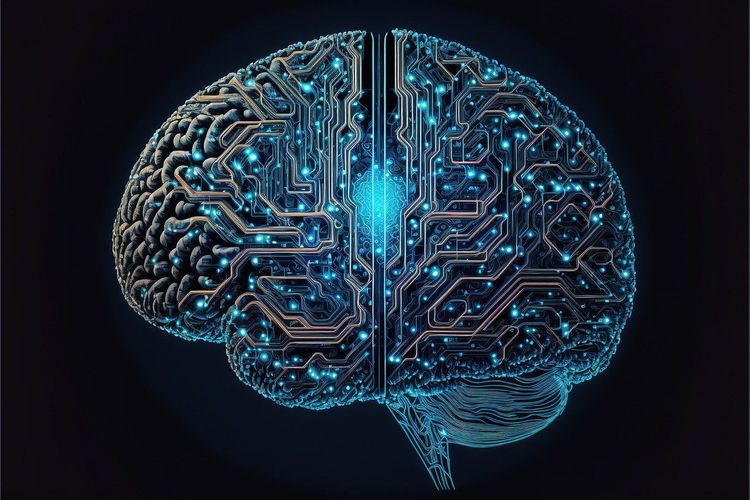Consultants leveraging OpenAI’s GPT-4 language model experience a remarkable increase in productivity and outcome quality, according to a comprehensive study conducted by researchers from Harvard Business School, MIT, Wharton, BCG, and Warwick Business School. The research specifically focused on BCG consultants, analyzing the performance differences between those who utilized GPT-4 and those who did not.
The findings reveal that consultants employing GPT-4 produced work of 40% higher quality and demonstrated a 25% increase in speed alongside a 12% rise in task completion rates. Notably, consultants of all skill levels benefited from AI utilization, but the most significant impact was observed among lower performers, who experienced a substantial 43% increase in productivity compared to a 17% boost for top-tier performers.
While the quality of work markedly improved, the study also highlighted a potential downside: the outputs tended to become more homogenized. As noted by the researchers, “While GPT-4 aids in generating superior content, it might lead to more uniform results.” These outcomes were specifically measured for tasks “within the frontier” of GPT-4, indicating they are easily executable by AI.
The researchers also examined tasks deemed “outside the frontier,” where the AI model struggled. In one experiment, consultants were tasked with formulating actionable strategies to enhance a company's performance. This involved analyzing channel performance through interviews and financial data, followed by providing strategic recommendations to the CEO. In this setting, consultants who used AI were 19 percentage points less likely to arrive at the correct strategy. The authors observed that “professionals with negative performance while using AI tended to adopt its output blindly and scrutinized it less.”
This raises a critical question: How can professionals effectively harness AI technology to maximize its benefits? The study underscores that, without a strategic approach, reliance on AI for tasks where it falters can diminish overall employee performance. The authors coined this discrepancy in performance as the “jagged technological frontier,” indicating the uneven effectiveness of AI across different tasks.
The research incorporated about 758 consultants, representing nearly 7% of BCG's workforce, with an analysis covering various competencies including creativity, analytical thinking, writing skills, and persuasion.
To categorize AI users, the study introduced two distinct groups: "Centaurs" and "Cyborgs."
1. **Centaurs**: This approach is emblematic of collaboration between humans and AI, where users alternate tasks, leveraging the strengths of both entities. The researchers describe centaurs as individuals who identify which responsibilities are most effectively handled by either humans or AI.
2. **Cyborgs**: This category refers to a more integrated partnership between humans and AI, in which workers engage in continuous interaction with the technology. Cyborgs initiate and collaborate on tasks with AI, enhancing the quality of their output through direct integration.
The differentiation between centaurs and cyborgs illustrates the varied strategies that can be adopted for effective AI collaboration. Utilizing the right approach tailored to specific tasks can greatly amplify the advantages of AI technologies.
The study highlights a pressing concern: as businesses increasingly rely on AI for tasks it excels at, there is a risk that they may inadvertently deprive junior workers of valuable opportunities to develop their skills. This could lead to long-term training deficits as expertise is fostered through formal education, on-the-job training, and targeted upskilling initiatives.
It is evident that while AI presents substantial opportunities for enhanced productivity and quality, its integration into the workplace must be approached with careful consideration to ensure that human capabilities continue to grow alongside technology.







